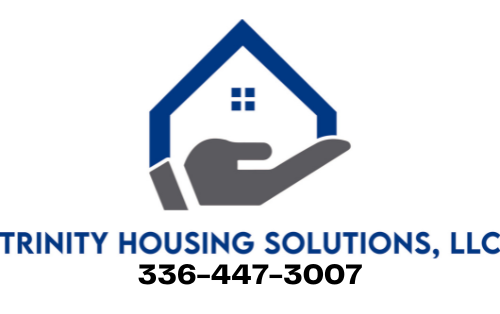
Introduction
A Homeowners Association (HOA) is an organization that governs a community or neighborhood, often responsible for maintaining common areas, enforcing community rules, and collecting fees from homeowners. Living in a neighborhood with an HOA has both advantages and disadvantages. In this blog, we’ll explore the pros and cons of living in an HOA community and provide tips on protecting yourself and your property.
Pros of Living in an HOA Community
- Well-Maintained Common Areas
One of the primary benefits of living in an HOA community is the maintenance of common areas such as parks, swimming pools, and clubhouses. The HOA collects fees from residents to fund the upkeep of these shared spaces, ensuring that they remain clean, safe, and enjoyable for all residents.
- Consistent Property Appearance
HOAs often enforce rules and regulations regarding the appearance of homes and yards within the community. These rules can help maintain a consistent and aesthetically pleasing environment, which can preserve property values and foster a sense of pride among residents.
- Dispute Resolution
HOAs can serve as intermediaries in resolving disputes between neighbors, such as noise complaints or property line issues. This can help maintain a harmonious living environment and prevent conflicts from escalating.
Cons of Living in an HOA Community
- Fees and Assessments
One of the primary disadvantages of living in an HOA community is the requirement to pay regular fees and, in some cases, special assessments. These fees can be costly, and if not managed carefully, they can lead to financial strain for homeowners.
- Restrictions on Property Modifications
HOAs typically have strict guidelines regarding property modifications, such as exterior paint colors, landscaping, and home additions. For some homeowners, these restrictions can feel limiting and may inhibit their ability to personalize their property fully.
- Potential for Mismanagement
While many HOAs are well-managed, there is always a risk of mismanagement or disputes within the board. This can lead to issues such as insufficient funds for maintenance or disagreements over community rules, which can negatively impact residents.
Tips and Ideas on How to Protect Yourself and Your Property
- Thoroughly Research the HOA
Before purchasing a home in an HOA community, it’s crucial to research the organization thoroughly. Review the governing documents, including the bylaws, covenants, conditions, and restrictions (CC&Rs), and inquire about the association’s financial health. Ensure that you fully understand and are comfortable with the rules and regulations of the community.
- Attend HOA Meetings
Regularly attending HOA meetings is an excellent way to stay informed about community decisions and voice concerns. By participating in the decision-making process, you can help protect your interests and neighbors’ interests.
- Understand Your Rights
Familiarize yourself with your rights as a homeowner within an HOA community. Knowing your rights can help you navigate disputes or concerns that may arise and ensure that you are treated fairly by the association.
- Get Involved in the HOA Board
Consider running for a position on the HOA board or volunteering for a committee. By getting involved in the governance of your community, you can help shape its policies and advocate for the best interests of your property and neighbors.
Conclusion
Living in an HOA community comes with both advantages and disadvantages. Understanding the pros and cons can help you decide whether this type of neighborhood is right for you. By thoroughly researching the HOA, attending meetings, understanding your rights, and getting involved in the board or committees, you can protect yourself and your property while enjoying the benefits of an HOA-governed community. Ultimately, the key to a positive experience in an HOA community is staying informed, engaged, and proactive in protecting your interests and those of your neighbors.

